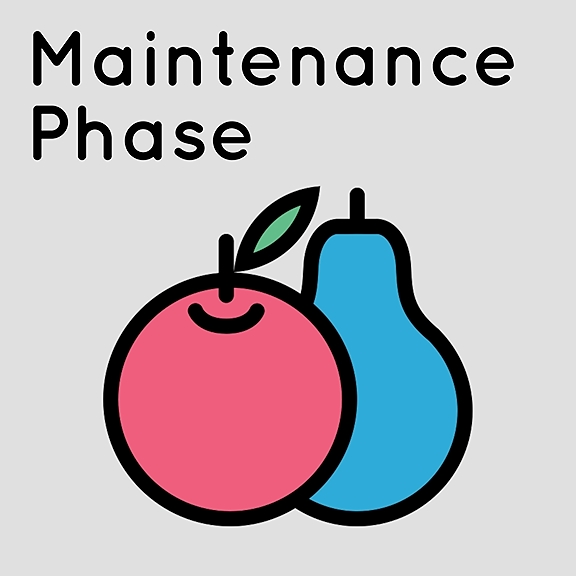
Glucose Hypometabolism, Impairments in Mitochondrial Function, and Oxidative Stress as Major Risk Factors for Alzheimer’s Disease.
Summary
Today I am very much looking forward to pod-talking about one of the most important components associated with accelerated aging processes, and in the risk for Alzheimer’s disease— the decline and inhibition of critical energy metabolism systems of the body and brain.
Many studies have shown that alterations in mitochondrial energy metabolism, or bioenergetics, have been linked to numerous disorders that disrupt normal metabolism, and it is a factor in brain aging and a number of neurodegenerative diseases such as Alzheimer’s.
Aging is associated with progressive mitochondrial dysfunction and deficits of ATP, which underlies “The Mitochondrial Basis of Aging” hypothesis.
Now the role of mitochondrial function in biological aging and brain health is indeed vast, so I’ll keep the focus in this podcast on two key components of brain energy metabolism, or neuroenergetics—dysfunctional glucose metabolism and insulin resistance, and a few key risk factors that can increase the risk for both.
Now, in brain energy metabolism, glucose is the most readily available fuel for youthful energy metabolism is glucose.
However, in the aging brain there is often a progressive decline in glucose utilization and brain energy metabolism, or glucose hypometabolism, which is a known risk factor for cognitive decline and impairment.
“The decline in brain energy metabolism distinguished by glucose hypometabolism and mitochondrial dysfunction are a significant set of related risk factors that are now viewed as early metabolic antecedents that set the stage for the development of late-onset Alzheimer’s disease (LOAD).”
And, “Without the capacity to burn fuel for energy metabolism, an energy crisis is set forth in the neuron that gradually erodes our cognitive performance and sets the stage for the onset of late-onset Alzheimer's disease (LOAD).”
Many studies have demonstrated that impairments in cerebral glucose metabolism and glucose hypometabolism to be a specific correlate to the cognitive dysfunction in the early stages of mild cognitive impairment (MCI), and to the eventual development of LOAD.
Plus, studies have surmised that evaluations that show a reduction in cerebral glucose utilization can accurately predict future cognitive decline in normal individuals as well as the conversion to mild cognitive impairment.
Now, a set of risk factors associated with aging are particularly notable in the risk for impaired glucose metabolism in the brain and the risk for cognitive impairment and dementia.
- Atherosclerosis,
- Brain insulin resistance,
- The ApoE4 genetic variant, and
- Estrogen deficits in women
Lastly, I want to emphasize the role oxidative stress (OS) with regard to mitochondrial function.
In the body and brain, OS is the result of environmental exposures and endogenous production of free radicals from mitochondrial energy metabolism.
Oxygen is required for mitochondrial ATP production and it is a major source of reactive chemicals that are potentially very damaging molecules.
And, an environment of OS is created when there is not an adequate reserve or supply of antioxidants such as glutathione that neutralize damaging oxygen based free radicals that are termed—reactive oxygen species (ROS).
An excess of ROS and the induction of oxidative stress damages cells and their DNA and can lead to cell death.
Case in point, in brain glucose hypometabolism and the mitochondrial dysfunction associated with it, excessive oxygen radicals are generated which overwhelm the normal antioxidant resources of the mitochondria and brain cells.
Not to be overlooked in all of this is the fact that there are a host of laboratory-based bio




















